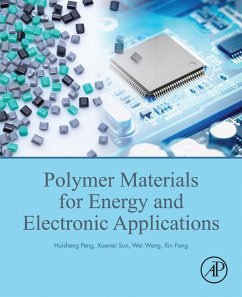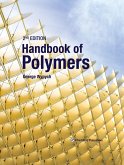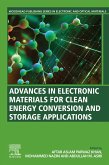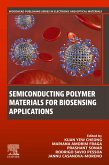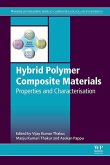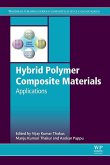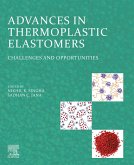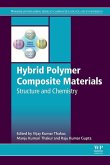Stretchable and wearable electronics based on polymers are a particular focus and main achievement of the book that concludes with the future developments and challenges of electronic polymers and devices.
- Provides a basic understanding on the structure and morphology of polymers and their electronic properties and applications
- Highlights the current applications of conducting polymers on energy harvesting and storage
- Introduces the emerging flexible and stretchable electronic devices
- Adds a new family of fiber-shaped electronic devices
Dieser Download kann aus rechtlichen Gründen nur mit Rechnungsadresse in A, B, BG, CY, CZ, D, DK, EW, E, FIN, F, GR, HR, H, IRL, I, LT, L, LR, M, NL, PL, P, R, S, SLO, SK ausgeliefert werden.

